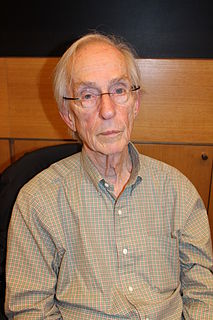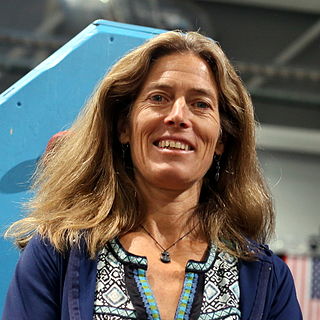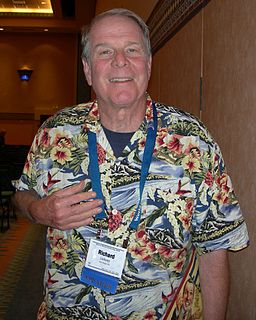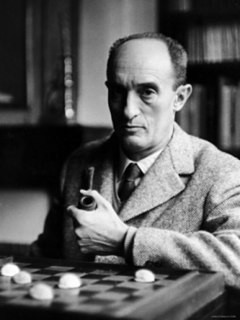A Quote by Edmund White
Do we regard language as more public, more ceremonial, than thought? Just as family men condemn the profanity on the stage that they use constantly in conversation, in the same way we may look to written language as an idealization rather than a reflection of ourselves.
Related Quotes
Some feminist critics debate whether we take our meaning and sense of self from language and in that process become phallocentric ourselves, or if there is a use of language that is, or can be, feminine. Some, like myself, think that language is itself neither male nor female; it is creatively expansive enough to be of use to those who have the wit and art to wrest from it their own significance. Even the dread patriarchs have not found a way to 'own' language any more than they have found a way to 'own' earth (though many seem to believe that both are possible).
The advantage of the gypsy language, even though I don't understand it that much, the language is perfect melody. So if you propose the movie the way I do, then the language is just one part of the melody. Orchestrating all inside, and the language is following the meaning of what they say, and it's never the same as written.
Photographers learn to interpret photographs in that technical way because they want to understand and use that 'language' themselves just as musicians learn a more technical musical language than the layman needs. Social scientists who want to work with visual materials will have to learn to approach them in this more studious and time-consuming way.
When we enter the landscape to learn something, we are obligated, I think, to pay attention rather than constantly to pose questions. To approach the land as we would a person, by opening an intelligent conversation. And to stay in one place, to make of that one, long observation a fully dilated experience. We will always be rewarded if we give the land credit for more than we imagine, and if we imagine it as being more complex even than language. In these ways we begin, I think, to find a home, to sense how to fit a place.
For a while I felt like I spoke a different language than my immediate family. It wasn't until my teens that I met and got to know better members of my extended family (my cousin Alma in particular) that self- identified as artists. Something in us clicked together; in the way we thought, in the language we chose to use, in what we enjoyed. She helped me see and appreciate a lot both about myself and my loved ones.
Religion is much more than language, but to be Christian does mean speaking Christian for most people. The language many of us use has contributed to the crisis in Christianity in North America. Traditional Christian language is becoming less familiar to millions of people. The language is frequently misunderstood by people.
There cannot be a language more universal and more simple, more free from errors and obscurities...more worthy to express the invariable relations of all natural things [than mathematics]. [It interprets] all phenomena by the same language, as if to attest the unity and simplicity of the plan of the universe, and to make still more evident that unchangeable order which presides over all natural causes
Being a slow reader would normally be a deficiency; I found a way to make it an asset. I began to sound words and see all those qualities - in a way it made words more precious to me. Since so much of what happens in the world between human beings has to do with the inconsideration of language, with the imprecision of language, with language leaving our mouths unmediated, one thing which was sensuous and visceral led to, in the use of language, a moral gesture. It was about trying to use language to both exemplify and articulate what good is.
But once an original book has been written - and no more than one or two appear in a century - men of letters imitate it, in other words, they copy it so that hundreds of thousands of books are published on exactly the same theme, with slightly different titles and modified phraseology. This should be able to be achieved by apes, who are essentially imitators, provided, of course, that they are able to make use of language.






































